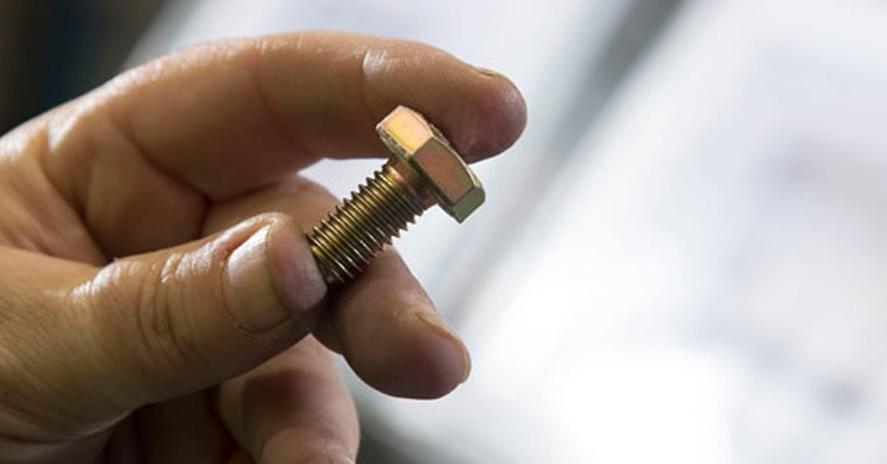Automotive fasteners are essential for vehicle assembly, ensuring every part stays securely in place. Yet, these vital components can face issues that impact their effectiveness and the vehicle’s safety. The three most common problems vehicle owners face are corrosion, loosening, and stripped threads. Consider what causes these issues and the possible solutions.
Corrosion and Rust
One of the most prevalent problems with fasteners in the automotive industry is corrosion. This is the gradual destruction of materials, often metals, by environmental chemical reactions. In areas with high humidity or exposure to road salts, fasteners, particularly those made of regular steel, can quickly rust and corrode. When rust forms on these fasteners, it weakens the metal’s structure, making them more susceptible to breaking or malfunctioning under stress.
Opting for high-quality fasteners made of stainless steel or those that underwent special anti-corrosion treatments can resolve this problem and extend the part’s life. Additionally, regular maintenance, such as cleaning the fastener components and applying anti-rust sprays, can significantly prolong the life of these parts.
Vibration-Induced Loosening
The mechanical operation of vehicles inevitably produces vibrations. Over prolonged periods, these vibrations can lead to the loosening of automotive fasteners, jeopardizing the stability of the parts they hold together and failing industry standards. Areas of the vehicle subjected to heavy loads or consistent movement, like the suspension system or the engine mount, are particularly vulnerable.
To counteract this, engineers and mechanics often rely on thread-locking compounds. For example, they may use an anaerobic adhesive, which cures in the absence of air and the presence of metal ions, ensuring fasteners stay in place even under vibrational duress. Alternatively, you can use specialized hardware such as self-locking nuts or wedge-locking washers. These fasteners are an excellent choice for critical mechanical areas in vehicles because of their design, developed uniquely to maintain their hold under heavy vibration conditions.
Stripped Threads
Threads create an intricate helical structure designed on bolts, screws, and similar fasteners, enabling them to grip and secure into place efficiently. These threaded patterns are fundamental to the function of many fasteners. However, overtightened, mismatched, or worn-out fasteners may have damaged or stripped threads. Even using the wrong tools to install automotive fasteners can compromise its integrity.
To address the challenge of stripped threads:
- Always follow the recommended torque values to avoid over-tightening.
- Ensure tools fit correctly and in good condition to reduce the risk of damage.
- Use torque wrenches for precise measurement when tightening fasteners.
- In the event of stripping, use a thread repair kit to help restore the original thread pattern.
- For recurring issues or high-stress areas, use helical inserts to provide a strong new threaded interface, enhancing grip and resistance to stripping.
Being proactive in the maintenance and proper usage of threaded fasteners can significantly reduce risks, ensuring longevity.






